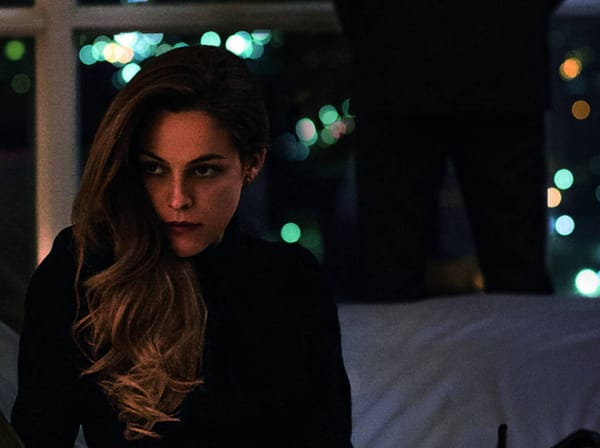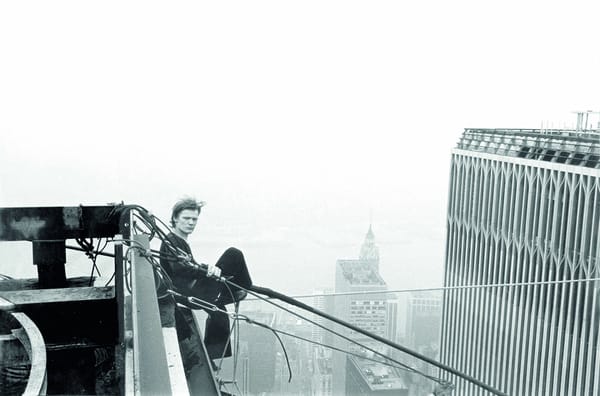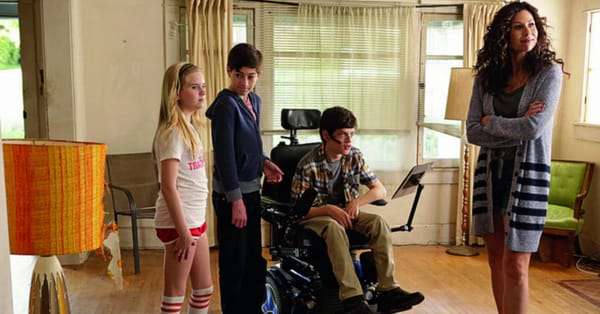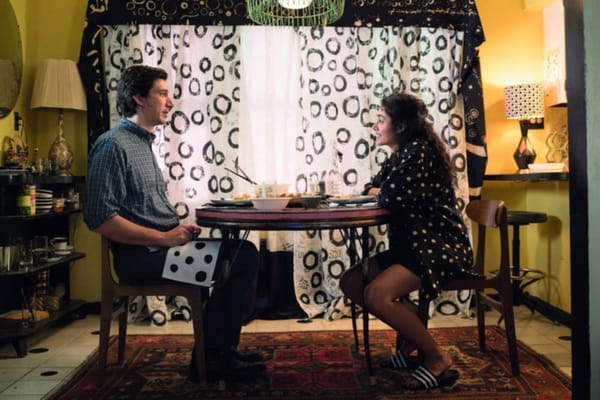The sound and the fury of Spike Lee
Chi-Raq marks a return to form for Spike Lee, and its breathless anger is urgently needed in these troubled times.
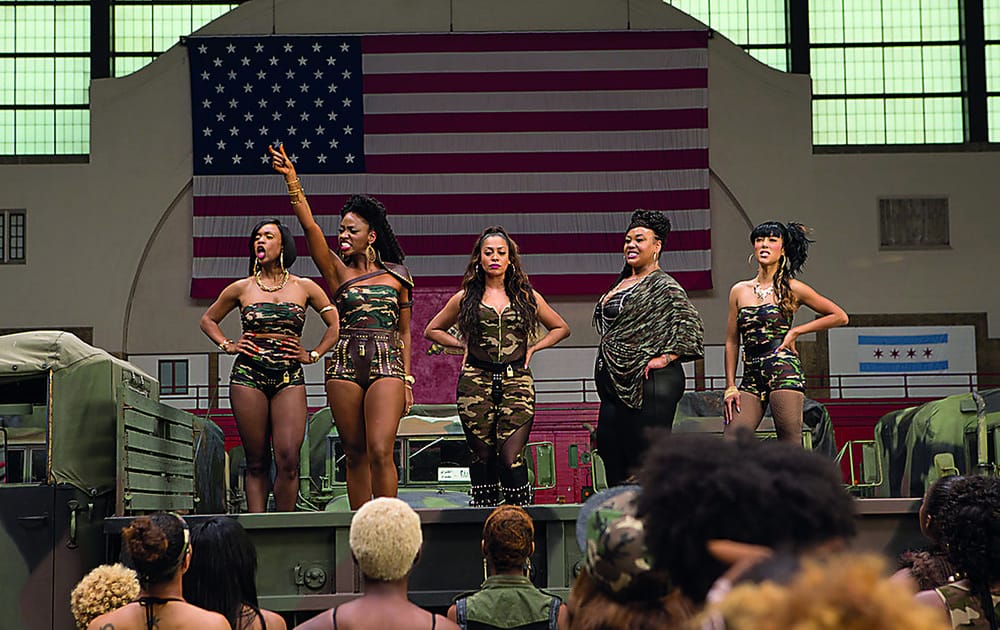
Back in November, when the trailer for Chi-Raq dropped, the reaction was swift and brutal. A modern-day adaptation of Aristophanes’ comedy Lysistrata, Spike Lee’s latest film uses rhyming verse and bawdy humour to debate the ongoing homicide crisis in Chicago, Illinois – a city with a murder rate that is higher than NYC and LA combined. Chicago trauma physician Amy Ho wrote in The Chicago Tribune that Lee ‘has managed to trivialize the suffering of the men, women, and children of Chicago’s West and South sides’, and many were quick to agree. Combined with the fact that ‘A Spike Lee Joint’ doesn’t promise radical politics in quite the same way it did in the 1980s and 90s, Chi-Raq is a pretty tough sell.
What a joy it is, then, to see a film that delivers both quick humour and biting satire, whilst also marking a return to form for Lee. Chi-Raq is an urgent film, desperately-needed in today’s troubled time of mass incarceration and police brutality. Teyonah Parris, perhaps best known for her role of Dawn in Mad Men, plays Lysistrata, girlfriend to Demetrius ‘Chi-raq’ Dupree (Nick Cannon), who is leader of a local gang called the Spartans. In a Bloods/Crips-style feud, they are at war with the Trojans, whose leader ‘Cyclops’ is played by Wesley Snipes. Each gang has their own identifiable colour, and they spend much of the film hanging around the downtown streets, angling for street cred and committing drive-by shootings.
It’s such a shooting which accidently kills a little girl, that sets the spark of resistance in Lysistrata. Bringing together her female friends, she makes peace with the Trojan women, and they all agree to withhold sex from their gangster partners. “No peace,” they cry, “no pussy”. The movement quickly catches on: first the women of Chicago, then the United States, and then the women of the world don chastity belts and take a vow of celibacy. The action is frequently marked with set-pieces, such as the women taking control of a national armoury by seducing a Confederate-flag-loving racist general, or the absolute howler of a scene where the army try and get the women in the mood by blasting out slow jams by The Chi-Lites. The mood, however, is never wholly light: Lee ensures that the script goes deep into the issues that currently pervade the US, forcing viewers to confront the continuing legacy of slavery and white supremacy. Rising incarceration rates, private prisons, gentrification – nothing escapes the glare of Lee’s cool fury. The script name-checks not only those who have been killed by police over the last several years, but also more recent developments, like the Black Lives Matter movement and targeted killings: “That evil young Klansman / Dylann Storm Roof? / He’s the proof. / Post-racial... poof” – in four lines Lee destroys the myth of a ‘post-racial’ America that was supposed to have heralded in the inauguration of Obama. Lee doesn’t let anyone get off lightly: while the oppressive circumstances that drove many of the young men to crime in the film are explored, the gang members are also made to take responsibility, both for their own actions and the gradual degradation of gangs’ moral code over the last 30 years. But the film is not exclusively set on the mean streets of Chicago: they are vilified and celebrated in equal measure, with each shooting offset by a view of a beautiful street mural, but Lee also focusses on the interior lives of his characters – both metaphorically and literally. A large proportion of scenes take place within central hubs of the African-American community: gospel churches, barber shops, reading groups. They are shown to be the beating heart of the African-American community, places where individuals can meet, debate, and – perhaps most importantly – organise.
The script, by Lee and Kevin Willmott, is stellar, somehow managing to veer from rip-roaringly funny to achingly tragic in the space of a few stanzas, and retaining rhyming verse for the majority of the film. They may, perhaps, let things run away a little bit sometimes – there are a number of subplots that don’t really need to be there, and the whole thing could probably benefit from being 20 minutes shorter – but overall the film feels both joltingly contemporary and true to the original. The classical choruses of old men and women are replaced by the Knights of Euphrates and a group of female elders, respectively, with the women led by Angela Bassett. Lee retains the stichomythia (the short punchy alternating lines) of the original, and the parabasis (the address to the audience) is given by Samuel L. Jackson, who is clearly having a ball chewing on these delicious lines.
After the early furore that surrounded its announcement, Chi-Raq goes far beyond what we might expect, delivering a film that manages to shed a light on the unsettling undercarriage of American racism whilst also remaining hugely entertaining – no mean feat. For all intents and purposes, it signals a return to form for Lee, combining the daring vernacular aspects of Do the Right Thing with the sweeping epic feel of Malcolm X. With one foot in the past, and the other firmly in the present, Chi-Raq is a tour-de-force of bleak humour and righteous fury.



